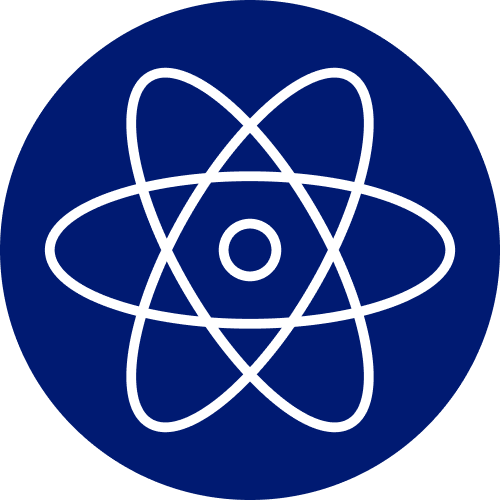The State of React Native survey was a grassroots initiative from developers at Software Mansion. The survey started on 22nd December 2022 and run till 20th January 2023 gathering 1886 responses in total.
Goal
The goal of the State of React Native survey was to create a resource to compare different aspects of React Native development for you to help you make better technical decisions. The survey can be used as a source for finding alternatives in different categories of app development.
Keep in mind that this type of results always have to be treated with a pinch of salt as it's impossible to capture for the state of the entire ecosystem.
We're thrived to see the upcoming trends in the following editions as with it's first edition we only have a single data point.
Design
The survey was modeled and built on the foundations of Devographics' State of JavaScript and State of CSS survey.
About a dozen of experienced React Native developers from Software Mansion and a couple more outside of walls of the company have shaped the questions. We've asked the community to contribute in a GitHub discussion which most of it was included in the final survey.
The logo and the design of the interface was created by Daniel Wodziczka, one of our amazing UI/UX Designers at Software Mansion.
All survey questions were optional.
Audience
The survey was open for everyone to participate and the responders weren't filtered or selected in any way. We were thrilled to see the survey trending organically on Twitter, Slack and Discord communities. The survey was promoted through social media accounts and the This Week in React newsletter.
Technical Overview
To bootstrap this survey, we've asked for permission to use the battle-tested technological stack created by Devographics which includes:
- Data collection: custom Vulcan.js app.
- Data storage/processing: MongoDB & MongoDB Aggregations.
- Data API: Node.js GraphQL API.
- Results Site: Gatsby React app.
- Data Visualizations: Nivo React dataviz library.
Lessons learned
We've gathered considerable amount of feedback to iterate and next year, we would like to focus on the brevity of the survey. With the data gathered, we're free to get rid of some of the freeform fields and make the overall survey shorter.
Next point would be to make results more representative by reaching more diverse communities all over the world.
